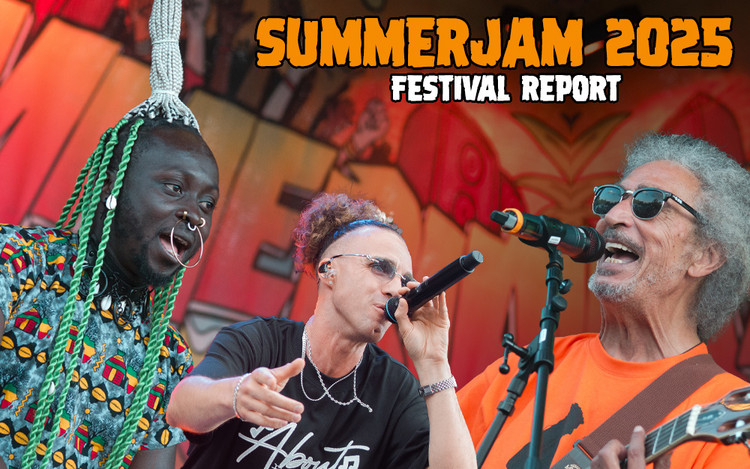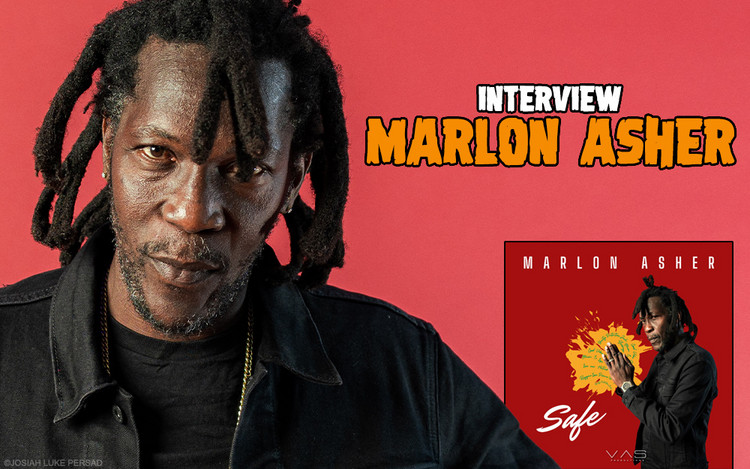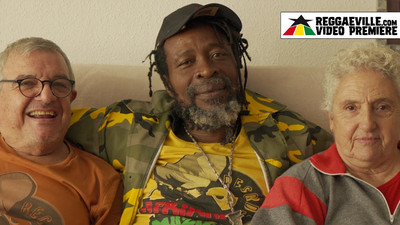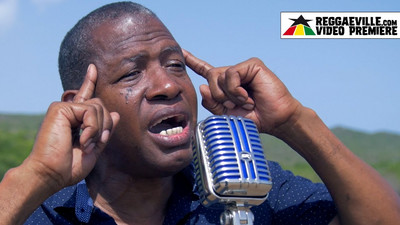Tiken Jah Fakoly ADD
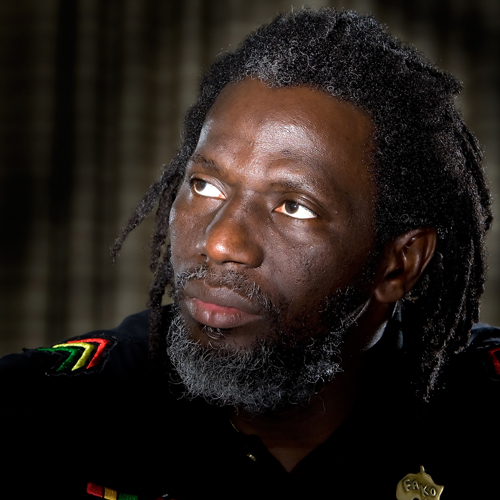
A career spanning 25 years. A quarter of a century spent being active on the music scene, on the political front, with its share of triumphs and hard times too. And Tiken Jah Fakoly has still not given up. He is still incensed, vociferous, generous, leading the fight that his life symbolizes: Africa, its unity, its right to free itself from poverty and the politics that have kept it there. Brandishing the same mighty sword high, this reggae music conveys an uncompromising message with an unstoppable momentum, spirited with inclusiveness and festivity. To the point where we realize that this fight is as much his as it is ours. From “Mangercratie” his first album released in 1997, to “Dernier Appel” in 2014, the Ivorian singer has committed himself, body and soul, to numerous causes. Despising the mighty in power, relentlessly mocking their excesses, prodding on the otherwise apathetic good will, he embodies to this day the last musical hero coming from a long legacy of capped kings including Fela Kuti or Bob Marley.
With “Le Monde est chaud”, his tenth studio album, Tiken rises as an eco-warrior, tackling the most burning issue that is global warming. A phenomenon that represents the ultimate plight of the populations in the Southern hemisphere but also the crisis that touches on all the others, the supreme injustice spawning droughts, floods, starvation, wars and migrations. An insufferable chain reaction put into perspective by this album’s political whip. From the first track, “Le Monde est chaud”, a single in duet with rapper Soprano, and “Ecologie” which concludes the album, he lists those evils against which he charges on as the unwavering sharp-shooter he always was. Quick to denounce the plundering orchestrated by the wealthy and neo-colonialism in “Ça vole”, modern slavery in “Libya”, describing how the continent has attracted every kind of greed and become the stage for the worst extortions in “No No No”, he also urges his African brothers to take charge of their fate and face their responsibilities, condemning the brain drain in “Pourquoi nous fuyons?”, jealousy in “Ngomi”, slander in “Kodjougou” or wait-and-see attitudes in “Dieu nous attend”. As a wiseman – respectfully referred to as “dakoro” back home – he uses the privilege of his standing to shed light with lucidity on governments and the people under their rule. Thanks to the aura of one who has accomplished so much over the course of his life, he unveils in this record the footsteps in which to follow in and acts as an inspiration for the younger generations.
His last accomplishment to date: a brand-new studio in Abidjan, where “Le Monde est chaud” was recorded. The star of African reggae hadn’t recorded in Ivory Coast for 20 years. Forced out in exile to Mali in 2003 after receiving death threats, he decided to return to his native country, going back to his musical roots, something that also feels like a fresh start. A choice that Yopougon in the North Abidjan alone symbolizes, the neighbourhood of his debut back in the 90s, home to the free media Radio Libre Fakoly inside a hub with various studios for recording, rehearsals and radio broadcasting. This is where he sought to scout half a dozen local bands, his favorites being Simon Roots and R Ligh, young hopefuls of Ivorian reggae merging tradition with modernity. For an album with such a focus on environment it seemed only natural to have some renewed energy to drive it. The same intent led Tiken Jah Fakoly to enrol the multi-talented producer, musician and beat-maker Koffi Beneth Séraphin, aka Akatché, a 27 year-old prodigy who showcases all the potential from the new African urban music scene.
With “African Revolution” in 2010, Tiken’s reggae became more “afro-centric”, adding traditional sounds to its musical range. However, never have the kora, ngoni, sokou, kamele ngoni, balafon or djembé instruments felt as modern as here on “Le Monde est chaud”. Never had this ancestral heritage carried so many stories and promises for the future. Staying true to the Mandingo reggae design, which he spearheaded, with its group-vocal harmonies and brass sections blending in with traditional chordophones and idiophones, Tiken aimed to express himself as a conquering artist, and lend a multi-generational dimension to his music, thanks to the vocal guests including Soprano (twelve years after pairing on « Ouvrez les frontières ») alongside Gaël Faye, R.Wan, Kerredine Soltani and the trusted Mike d’Inca (Sinsemilia) contributing the lyrics.
Sung in French and Dioula, the lyrics for “Le Monde est chaud” are true to the eternal mission of the original reggae, as a self-defence tool whose rough edges welcome like no other, exulting and full of hope. A music that soothes the ear, puts you under its spell or opens your eyes. A music that forces you to contemplate disasters while inviting you to never give up. And Tiken Jah Fakoly remains to this day one of reggae music’s most powerful voices and symbols.




